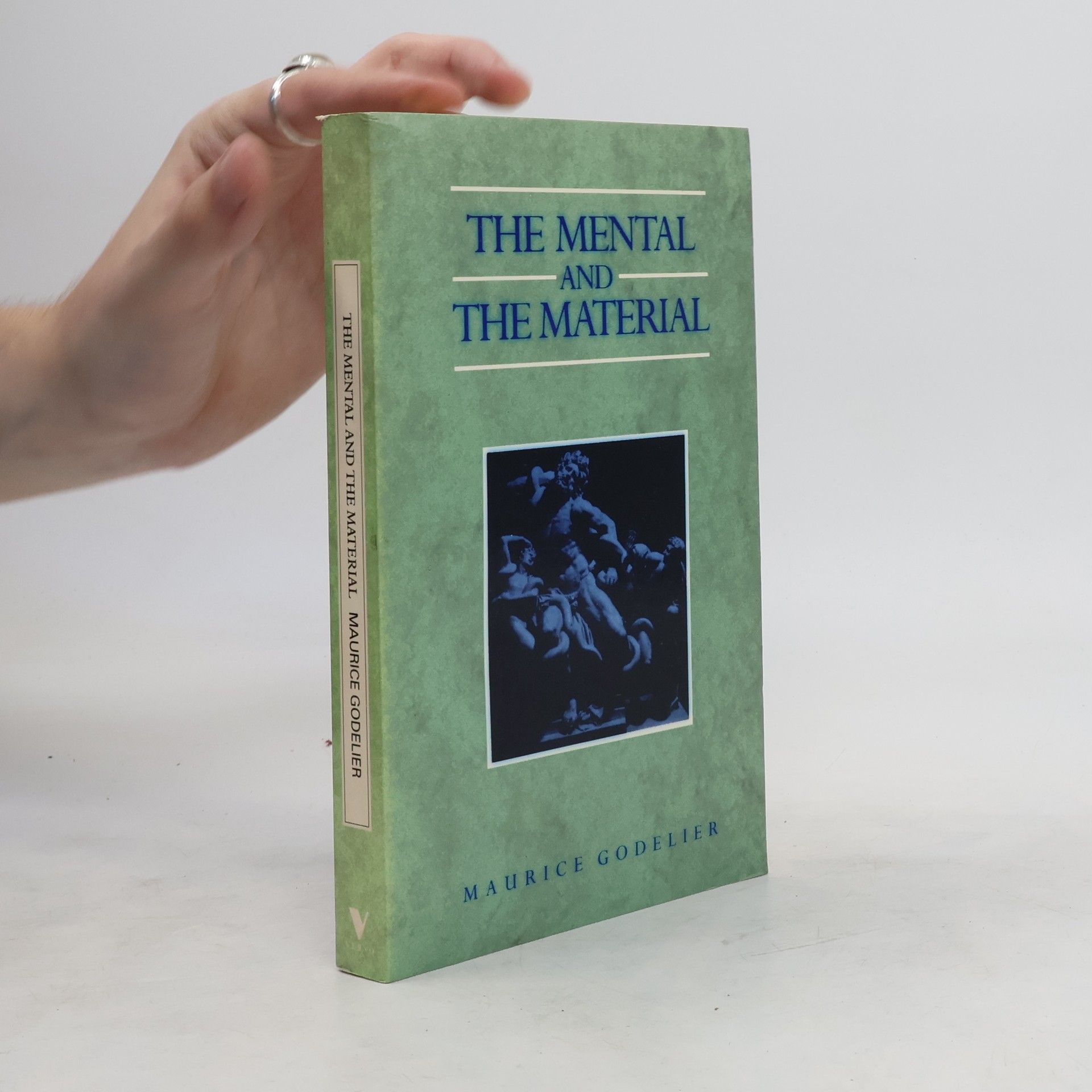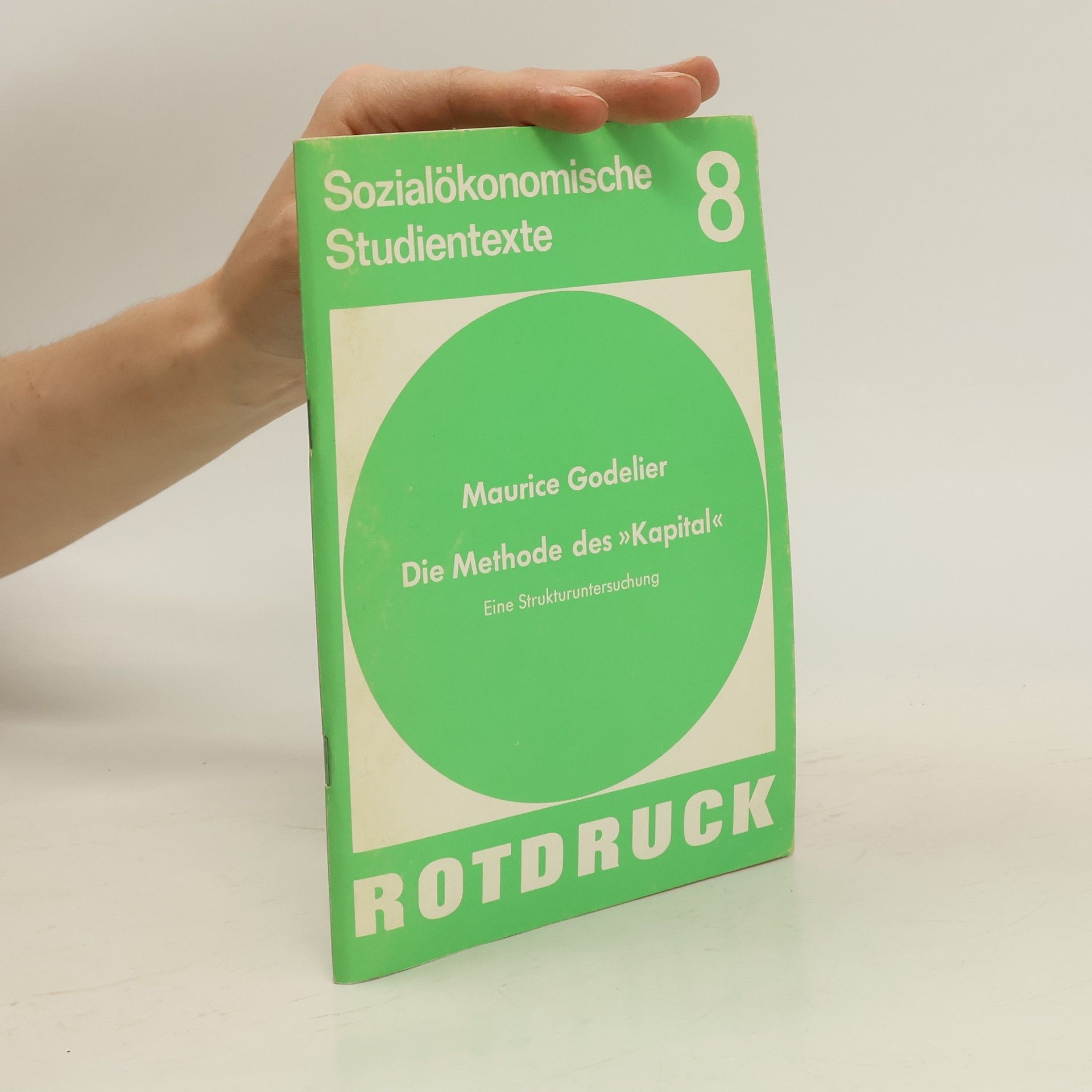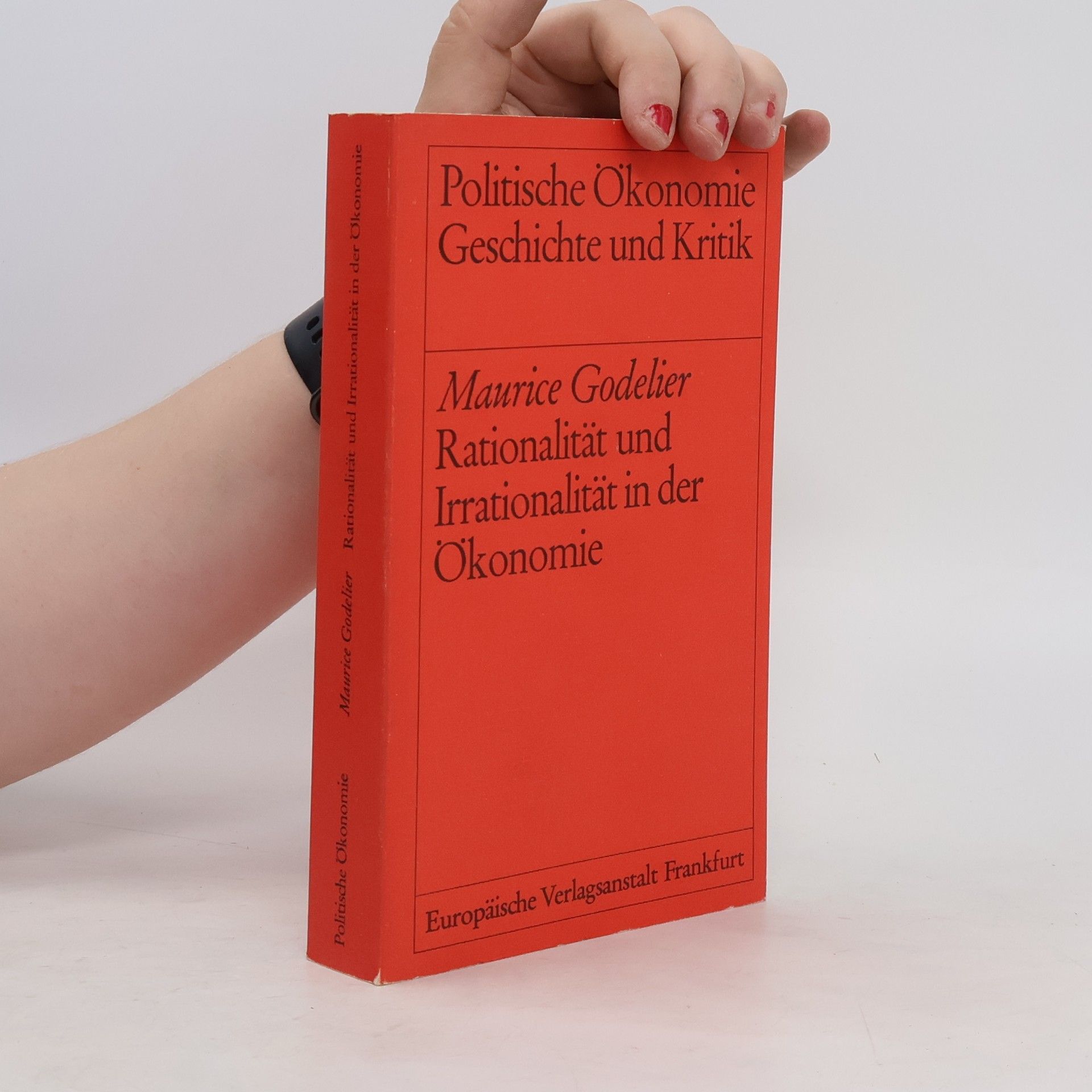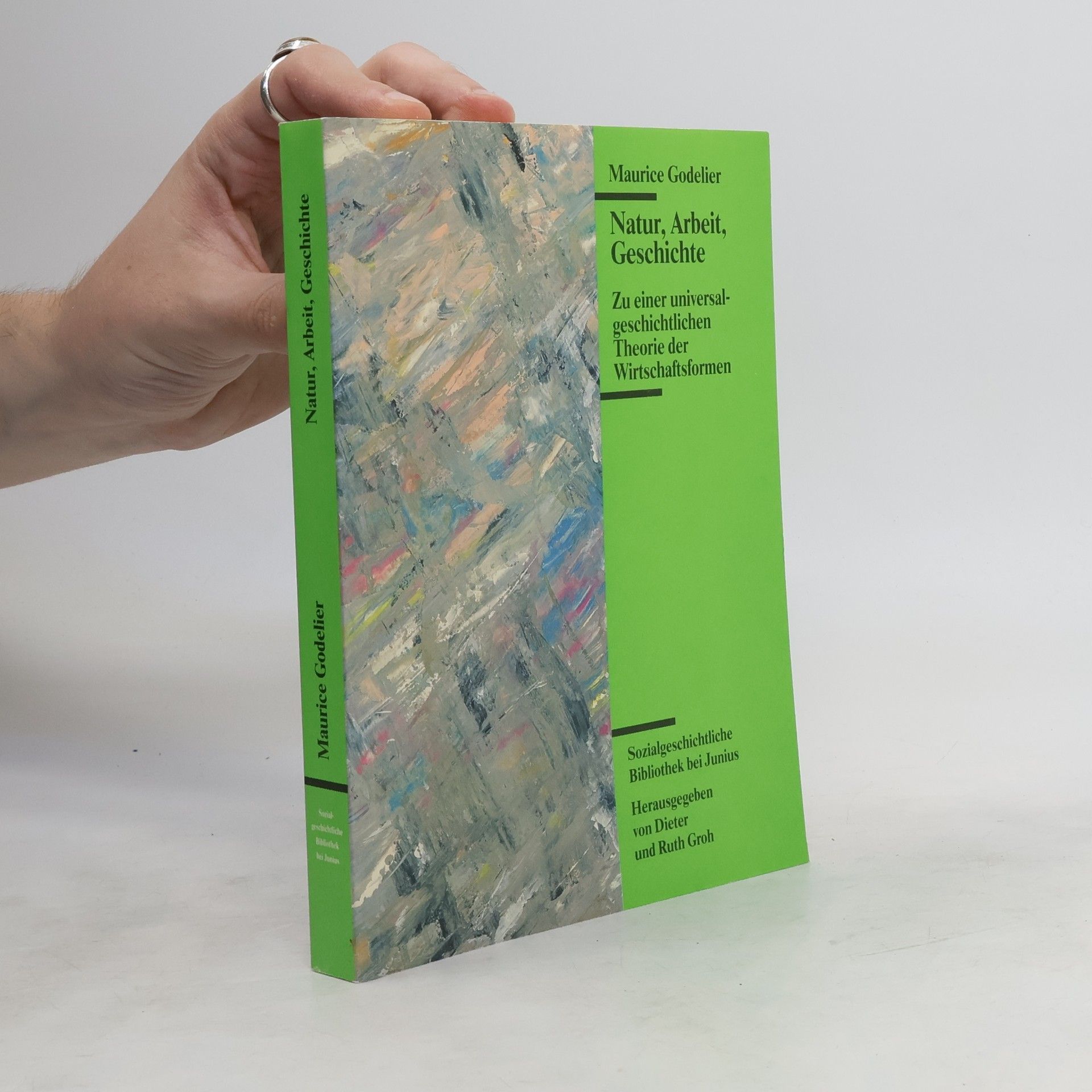Groundbreaking examination of the relationship between thought, economy and society.
Maurice Godelier Boeken
Deze invloedrijke Franse antropoloog staat bekend als een van de vroegste voorstanders van de integratie van het marxisme in de antropologie. Zijn uitgebreide veldwerk onder het Baruya-volk van Papoea-Nieuw-Guinea, dat drie decennia overspande, vormde zijn kijk op de samenleving. Zijn werk duikt in de diepe structuren van menselijke relaties en sociale organisatie. Hij onderzoekt de fundamentele mechanismen die menselijk gedrag en culturele formaties sturen.






A masterwork of the anthropology of kinship by the heir to Levi-Strauss
The Mental and the Material
Thought, Economy, and Society
The Imagined, the Imaginary and the Symbolic
- 176bladzijden
- 7 uur lezen
Exploring the close relationship between the real and the symbolic and imaginary What you imagined is not always imaginary, but everything that is imaginary is imagined. It is by imagining that people make the impossible become possible. In mythology or religion, however, those things that are imagined are never experienced as being imaginary by believers. The realm of the imagined is even more real than the real; it is super-real, surreal. Lévi-Strauss held that "the real, the symbolic and the imaginary" are three separate orders. Maurice Godelier demonstrates the contrary: that the real is not separate from the symbolic and the imaginary. For instance, for a portion of humanity, rituals and sacred objects and places attest to the reality and therefore the truth that God, gods or spirits exist. The symbolic enables people to signify what they think and do, encompassing thought, spilling over into the whole body, but also pervading temples, palaces, tools, foods, mountains, the sea, the sky and the earth. It is real. Godelier's book goes to the strategic heart of the social sciences, for to examine the nature and role of the imaginary and the symbolic is also to attempt to account for the basic components of all societies and ultimately of human existence. And these aspects in turn shape our social and personal identity.
Exploring the role of the incest prohibition in human societies
La production des grands hommes
pouvoir et domination masculine chez les Baruya de Nouvelle-Guinée
- 389bladzijden
- 14 uur lezen
Les Baruya sont une société tribale de Nouvelle-Guinée, découverte en 1951 seulement, et qui, à cette époque, abandonnait ses outils de pierre pour des haches et des machettes d'acier dont elle ignorait totalement la provenance. En 1975, la Nouvelle-Guinée devint indépendante, et les Baruya se retrouvèrent citoyens d'un État membre des Nations unies. Maurice Godelier a effectué chez eux de fréquents et longs séjours à partir de 1967, alors que les principes de l'organisation traditionnelle de leur société étaient encore présents dans toutes les mémoires des Baruya. Il nous livre, dans cet ouvrage classique, une fascinante reconstitution de leur ancien mode de vie ainsi que l'analyse des transformations qui ont suivi l'instauration de l'ordre colonial, l'arrivée du marché et de l'argent, celle des missionnaires et du christianisme. On y voit cette petite société, productrice de Grands Hommes, s'intégrer peu à peu dans le nouvel ordre mondial.
Das Inzestverbot
- 112bladzijden
- 4 uur lezen
Der französische Anthropologe Maurice Godelier beleuchtet in seinem Gespräch mit Camille Kouchner das Inzestverbot als Schlüssel zur Analyse sozialer Hierarchien, Sexualität und Geschlechterrollen in nicht-westlichen Gesellschaften. Durch eine umfassende Reise durch Zeit und Raum zeigt er auf, wie diese Konzepte unterschiedlich konstruiert und gelebt werden, und eröffnet damit neue Perspektiven auf kulturelle Praktiken und soziale Strukturen.


